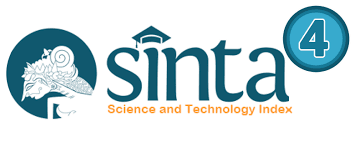MANAJEMEN PROGRAM PELATIHAN BAHASA ARAB UNTUK SISWA MTSN 6 PONOROGO : STUDI KASUS PERENCANAAN, PELAKSANAAN, DAN EVALUASI
DOI:
https://doi.org/10.34125/jmp.v10i2.467Keywords:
Management Training Program Arabic LanguageAbstract
This study aims to analyze and describe the implementation of the intensive Arabic language training program at MTsN 6 Ponorogo, which includes the stages of planning, implementation, and evaluation. A qualitative approach with descriptive analysis was employed to portray the actual conditions in the field. Data collection techniques included observation, interviews, and documentation, while data analysis followed the Miles and Huberman model, consisting of data reduction, data display, and conclusion drawing. The findings indicate that the planning stage of the training program comprises nine components: needs analysis, goal setting, budgeting, site selection, determination of materials and syllabus, activity design, and development of the evaluation model. The implementation stage is divided into two phases: pre-activity and core activity. Evaluation is conducted in two aspects: process evaluation and student learning outcome evaluation, which includes pre-tests, class assessments, and post-tests. This program is designed to enhance students’ proficiency in the four basic foreign language skills: listening, speaking, reading, and writing. The findings demonstrate that a well-structured and systematic training program can effectively support the improvement of students' Arabic language competence in a secondary education context.
Downloads
Published
How to Cite
Issue
Section
License
Copyright (c) 2025 Jurnal Manajemen Pendidikan

This work is licensed under a Creative Commons Attribution-ShareAlike 4.0 International License.














